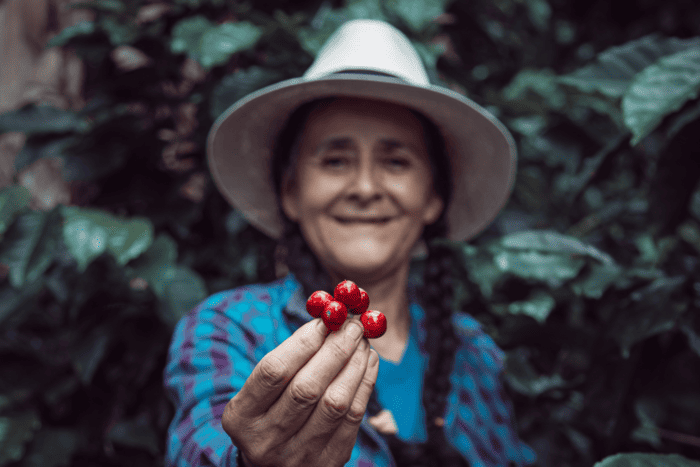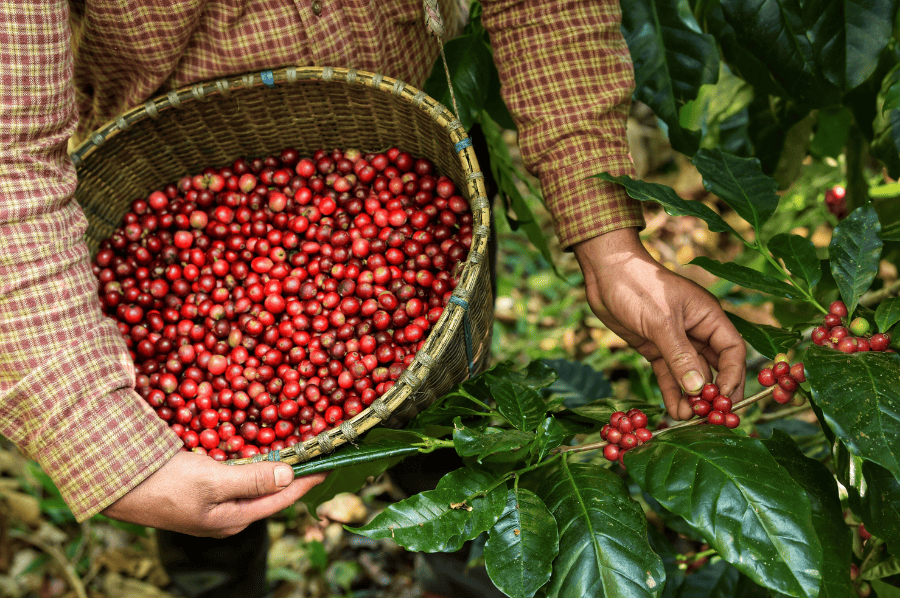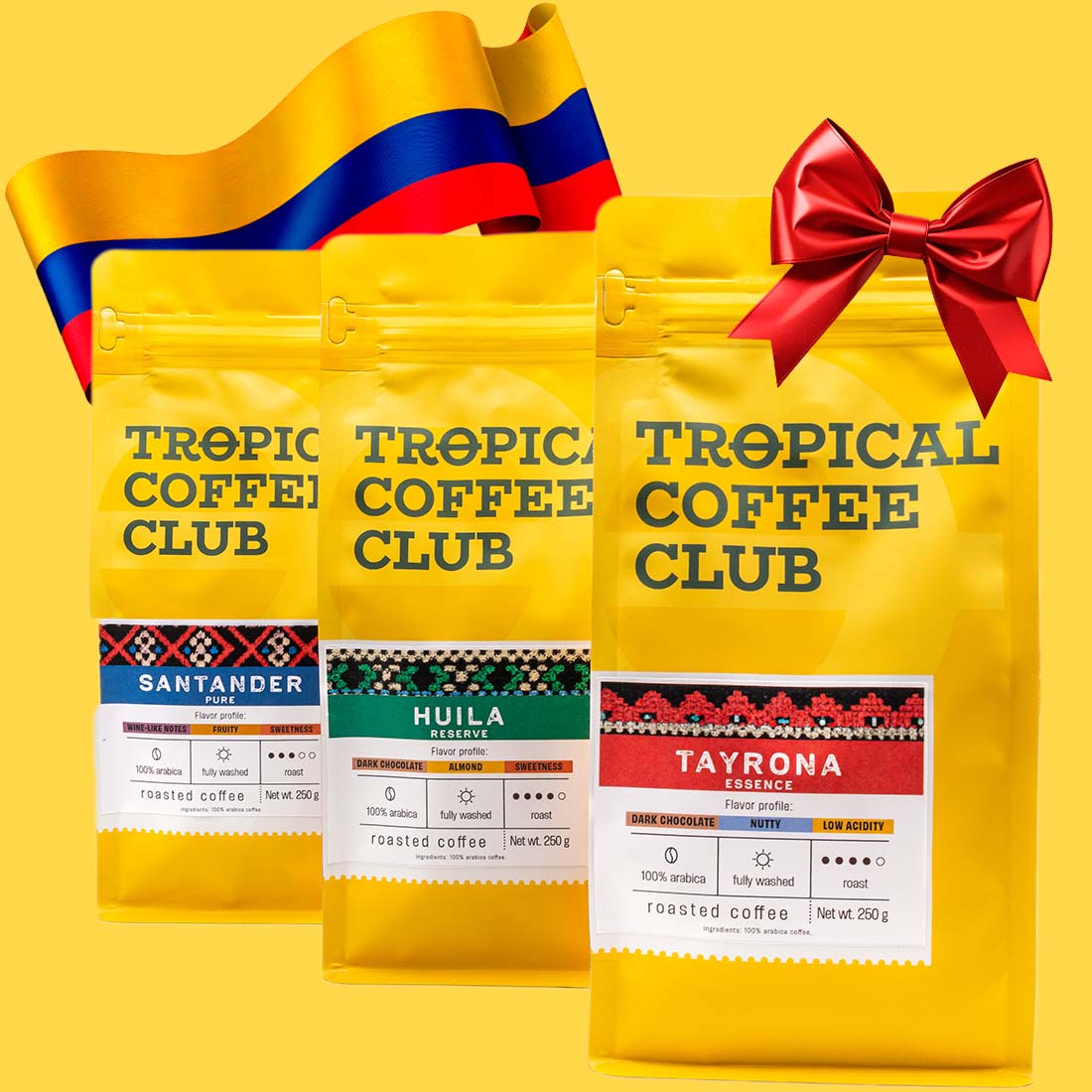With growing awareness about health, sustainability, and environmental impact, many coffee drinkers are turning to organic coffee as their go-to option. But is it really worth the higher price tag? Understanding the benefits and potential drawbacks of organic coffee can help you decide whether it’s the right choice for you. Let’s dive into the pros and cons of organic coffee and explore its value for consumers.
What is Organic Coffee?
Organic coffee is grown without the use of synthetic pesticides, herbicides, or fertilizers. Instead, farmers use natural methods to cultivate their coffee, such as composting, crop rotation, and organic pest control. Additionally, certified organic coffee must meet strict environmental and production standards, verified by organizations like USDA Organic or Fair Trade.
Pros of Organic Coffee
1. Healthier for You
Organic coffee is free from synthetic chemicals, reducing your exposure to potentially harmful pesticides and fertilizers. Many drinkers also find the taste of organic coffee to be cleaner and more natural.
2. Better for the Environment
Organic farming practices help protect soil health, conserve water, and support biodiversity. By choosing organic coffee, you’re contributing to a more sustainable agricultural system.
3. Supports Fair Trade Practices
Many organic coffee brands also align with ethical practices, ensuring farmers receive fair wages and work under safe conditions. Supporting organic often means supporting small-scale farmers.
4. Rich Flavor Profiles
Because organic coffee is grown in nutrient-rich, pesticide-free soil, the beans often boast more complex and distinctive flavor profiles. Single-origin organic coffees are particularly prized for their quality.
5. Promotes Sustainability
Organic farming focuses on long-term sustainability, avoiding practices that deplete natural resources. This helps ensure coffee-growing regions remain productive for future generations.

Cons of Organic Coffee
1. Higher Cost
One of the biggest drawbacks of organic coffee is its price. Organic certification and labor-intensive farming practices often result in higher costs for consumers.
2. Limited Availability
Organic coffee is not as widely available as conventional coffee, especially in some regions or smaller stores. This can make it harder to find your favorite organic blend.
3. Misleading Labels
Not all coffee labeled as “organic” meets the rigorous standards required for certification. It’s important to look for trusted certifications like USDA Organic to ensure you’re getting true organic coffee.
4. Shorter Shelf Life
Because organic coffee often lacks chemical preservatives, it may have a shorter shelf life. Proper storage is essential to maintain freshness.
Is Organic Coffee Worth It?
Whether organic coffee is worth it depends on your priorities as a coffee drinker. Consider these questions to decide:
- Do you value health and natural products? Organic coffee reduces your exposure to synthetic chemicals.
- Are you passionate about sustainability? Choosing organic supports environmentally friendly farming practices.
- Do you prioritize flavor? Many coffee enthusiasts believe organic beans offer superior taste.
- Is cost a factor? If you’re on a budget, organic coffee might not always be the most affordable option.
Tips for Buying Organic Coffee
- Look for Certifications
Ensure the coffee is certified organic by trusted organizations like USDA Organic, Rainforest Alliance, or Fair Trade. - Choose Whole Beans
Organic whole beans often maintain their flavor and freshness better than pre-ground options. - Support Local Roasters
Many local roasters prioritize quality and sustainability, offering small-batch organic coffee options. - Store Properly
Keep your organic coffee in an airtight container away from heat and light to preserve its freshness.
Specialty Organic Coffee in Germany
If you’re in Germany, access premium organic coffee with fresh, sustainable deliveries to cities like Berlin, Hamburg, Munich, Frankfurt, Stuttgart, Düsseldorf, Leipzig, Dresden, and Nuremberg. Enjoy the benefits of high-quality organic beans while supporting ethical and environmentally friendly practices.



